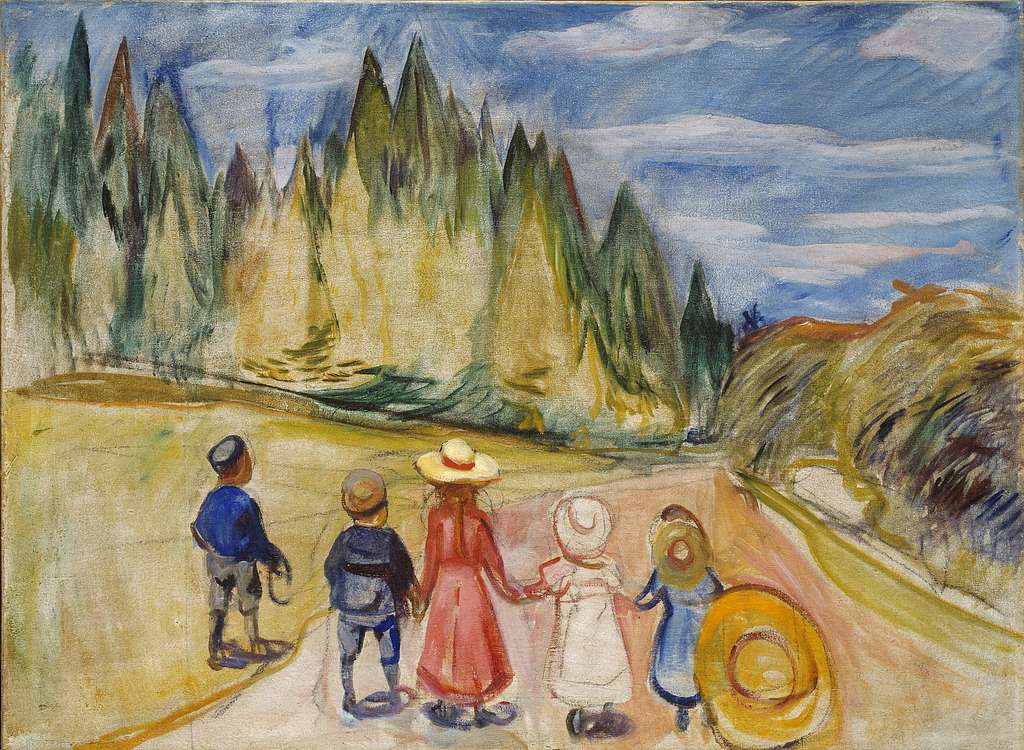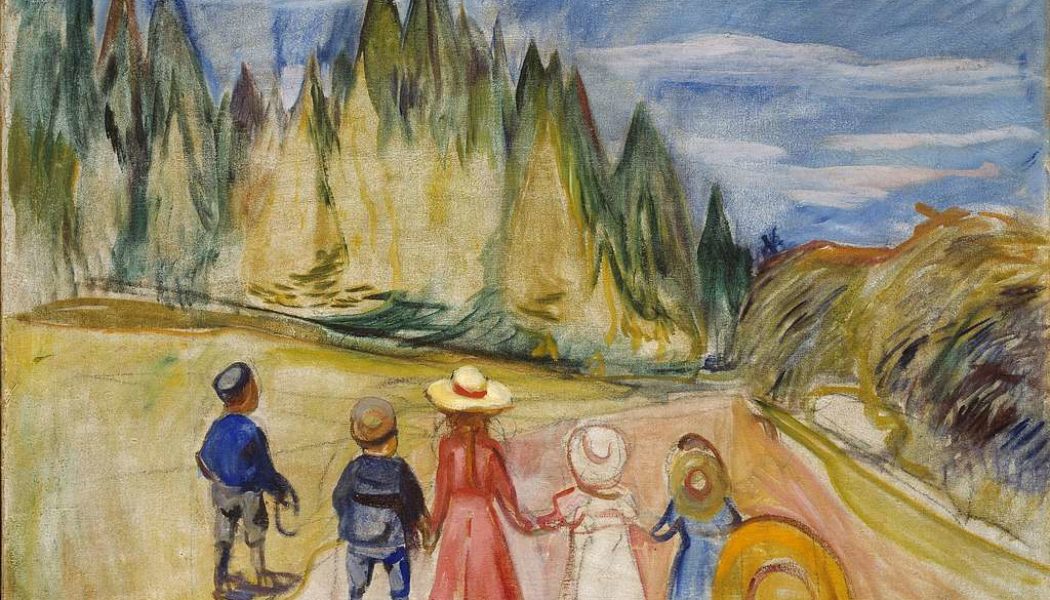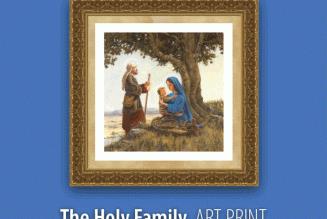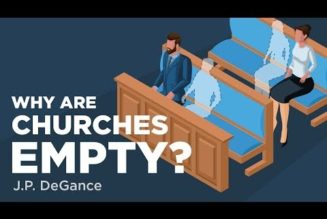
Published May 12, 2022
Fairytales have been told across cultures and continents for millennia. More than simply an entertaining story, fairytales are a culture’s vehicle to share its values and underscore its most prized virtues. We know many of their familiar themes and patterns, having heard them since early childhood.
One recurring fairytale plot is the evil queen or matriarch, as seen in “Cinderella,” “The Little Mermaid,” and “Snow White.” This woman is envious of a younger and prettier upstart and will go to any lengths necessary to get rid of the threat. As the story unfolds, we know implicitly who the good characters are as well as the villains. We know that the evil queen is not a victim, and her grasping at power and status makes her the purveyor of misery as she tries to destroy the life of the protagonist while she destroys her own.
And as every little girl has done for millennia, we cheer when the queen’s vile plans are foiled, and the kind and beautiful princess is finally free to live her life. The miserable matriarch’s envy led to her own demise. This recurrent theme has its own moral: Envy is called a deadly sin for a reason, for it will destroy the envious from the inside out.
Somewhere along the way, however, our culture has rewritten this fairytale’s script. No longer is envy the downfall of women, but a badge of honor. And the one we envy isn’t a younger upstart, but men. The fairytale has told us that they have life and liberties that far surpass our own and are the real pinnacle of a life well-lived.
For over 50 years, we have been clamoring to make ourselves into men, but in the scramble, we have frittered away what it means to be a woman. The solid ground that used to be beneath our feet has eroded into the sea, leaving nothing left to stand on. Our identity has been cobbled together with this grasping at manhood, while what it means to be a woman has dissolved and is now an unanswerable question. There’s no place left to look to see truly what womanhood is, so enshrined have we made the male model. In our envy, we have been erased.
The fruits of envy haven’t just targeted men, but also children, the needy demanding upstarts whom we are told are the real obstacle to our happiness. Following the mantra of manhood, the seed has been deeply planted that no woman should have to mother another. Mothering sets us back. Mothering enslaves us. This is the pro-choice fairytale, complete with a parade of the victimized in red robes and white bonnets, reminding us just how awful motherhood is.
But what the red-robed and well-heeled women don’t get is that try as they may to rewrite the fairytale, those agitating for something other than womanhood will never be the protagonist. Envy cannot make a hero, only an oppressor. The model we have followed has locked us into a caricature of ourselves, resembling the evil queen who not only destroys herself but also everyone else around her with her grasping at power and control. It’s precisely her abandonment of all the things that could ever make her happy that are her—and our—downfall, classic elements such as kindness, service, love, compassion, tenderness, and graciousness.
The power of the new feminist fairytale is highly compelling, but it comes at a cost. The millions of women who have followed it blindly eventually find themselves trapped in a world they didn’t expect: barren and broken, with hearts aching for more, often manifesting as rage and fear. Margaret Thatcher keenly saw, “The spirit of envy can destroy; it can never build.” We see this in the lives of so many. Yes, surrogates can be found—pet parents with fur babies—but the structure of mothering is built deeply into our bodies and souls, despite our scarce acknowledgment of it.
The stories we tell are powerful. The saddest part of all is that the things we have been told to envy are not things women should mimic or fear, but the very things that give our lives meaning, joy, peace, and fulfillment. Until we women can abandon our envy-driven identity, we will continue to rage, resent, destroy, and demean those for whom we were made to love and care.
Carrie Gress is a fellow at the Ethics & Public Policy Center and a scholar at the Institute for Human Ecology at Catholic University of America. She is also the editor of Theologyofhome.com and the author of numerous books, including The Anti-Mary Exposed: Rescuing the Culture from Toxic Femininity.
Join Our Telegram Group : Salvation & Prosperity








